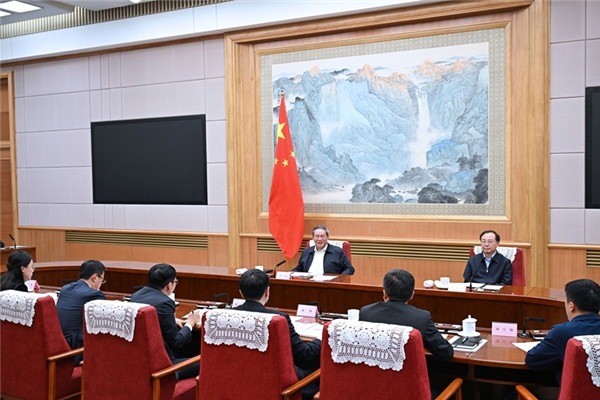Tax shift seen as boost to consumption
Will transform how governments think about growth, lift revenue


"If the collection of VAT were anchored to consumption, the mindset of decision-making for local governments would change dramatically," said Luo Zhiheng, chief economist and president of the Research Institute at Yuekai Securities.
The consumption-based model would create what Luo described as a "self-correcting mechanism "for resource allocation. Regions would compete to attract consumers and boost local spending power rather than offering incentives to manufacturers, Luo added.
Wang Qing, chief macroeconomic analyst at Golden Credit Rating International, said that by creating all these fiscal incentives that reward consumption-friendly policies, the central government aims to stimulate a virtuous cycle where improved commercial environments boost consumer confidence, driving further spending and economic activity.
China's planned restructuring of its VAT system will follow a carefully calibrated implementation timeline, with initial trials likely focused on sectors with more ideal conditions, analysts said.
"In the past, collection of VAT at checkout counters posed challenges due to limited administrative capacity. However, the situation has evolved now. With enhanced data tracking and big data processing capabilities, what was once infeasible is now increasingly achievable," Qiao said, adding that the potential VAT reform could begin with sectors with sound digital tracking systems, and concentrated distribution channels, such as refined oil.
In September, Vice-Minister of Finance Liao Min said at a news conference that China has established a comprehensive implementation plan for deepening its fiscal and taxation reforms and will adopt a measured, step-by-step approach to their rollout, proceeding as conditions permit for each individual policy measure.
This year's Government Work Report prioritized shifting the point of charging certain consumption tax from manufacturers to wholesalers and retailers at a faster pace. Meanwhile, local administrations will gradually be allowed to retain more of the consumption tax, which is currently collected by the central government.




































